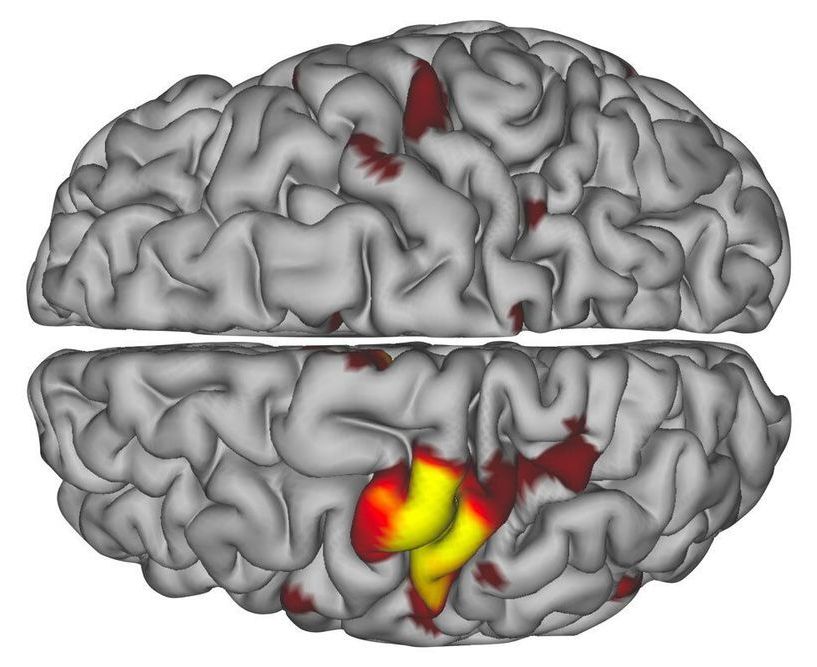The Chinese study also found that asymptomatic individuals have less antibodies than symptomatic ones, a fact that could have significant bearing on vaccines.
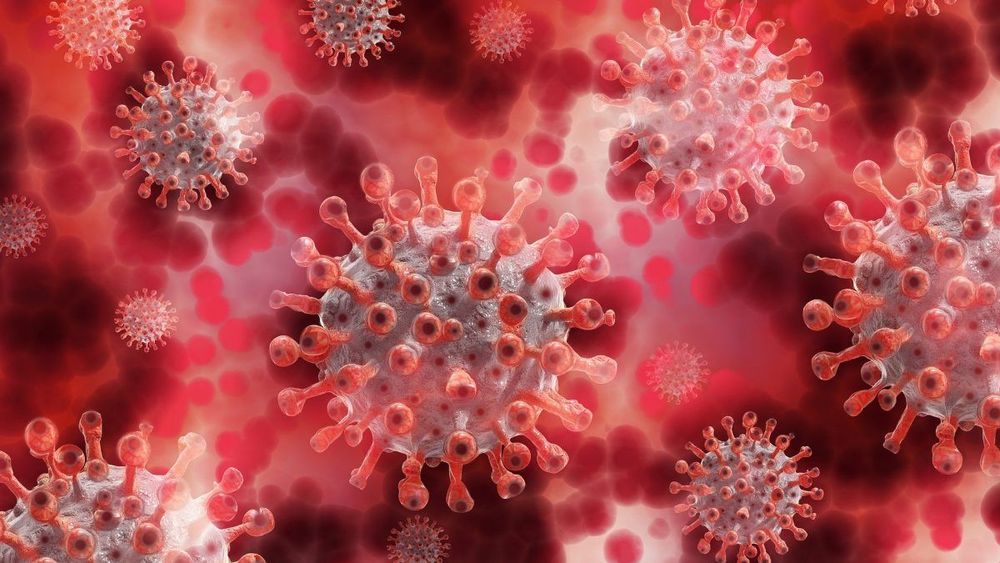

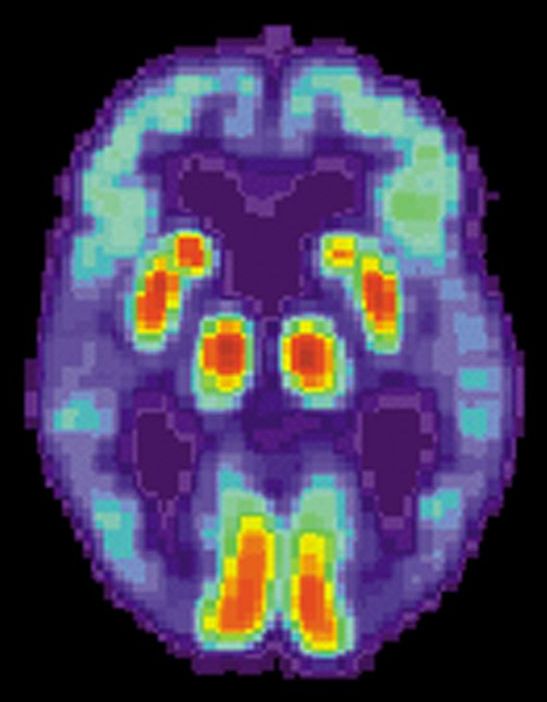
A new study by Florida State University researchers may help answer some of the most perplexing questions surrounding Alzheimer’s disease, an incurable and progressive illness affecting millions of families around the globe.
FSU Assistant Professor of Psychology Aaron Wilber and graduate student Sarah Danielle Benthem showed that the way two parts of the brain interact during sleep may explain symptoms experienced by Alzheimer’s patients, a finding that opens up new doors in dementia research. It is believed that these interactions during sleep allow memories to form and thus failure of this normal system in a brain of a person with Alzheimer’s disease may explain why memory is impaired.
The study, a collaboration among the FSU Program in Neuroscience, the University of California, Irvine, and the University of Lethbridge in Alberta, Canada, was published online in the journal Current Biology and will appear in the publication’s July 6 issue.
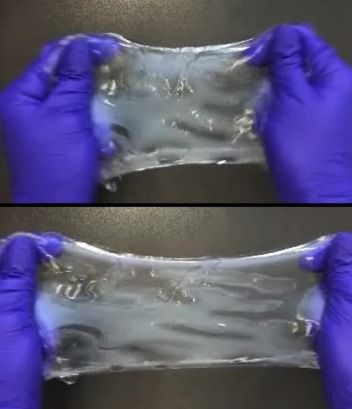
:ooooooo.
Superhero-like stretching capabilities aren’t just for Elastigirl. Researchers at the Massachusetts Institute of Technology have come up with a new technology that can make any tissue sample exceptionally flexible.
ELAST technology (Entangled Link-Augmented Stretchable Tissue-hydrogel) is a chemical process that makes tissue samples very thin, very stretchy, compressible, and borderline indestructible. With it, lab technicians can more quickly and easily conduct fluorescent labeling in cells, proteins, or other genetic materials within organs like the brain or lungs. That, in turn, could enable faster research discoveries.
The MIT researchers published their work last month in the journal Nature Methods.

How does our memory work, and how can we optimize its mechanisms on a daily basis? These questions are at the heart of many neuroscience research projects. Among the brain structures examined to better understand memory mechanisms, the reward system is now at the center of investigations. Through the examination of brain activity in healthy human subjects, scientists from the University of Geneva (UNIGE) have highlighted the lasting positive effect of a reward—monetary, in this case—on the ability of individuals to retain a variety of information. Moreover, and much more surprisingly, the research team demonstrated that the average accumulation of reward should be neither too small nor too large. By ensuring an effective neural dialog between the reward circuit and the memory circuit, this delicate balance allows the proper encoding of memories in our brain. These results can be read in Nature Communications.
Empirically, it seems quite logical that obtaining a reward can improve the memories associated with it. But what are the brain mechanisms at work, and how can we exploit them to optimize our memory capacity?
“The positive influence of a reward on memory is a well-known phenomenon,” says Sophie Schwartz, full professor in the Department of Basic Neurosciences at the UNIGE Faculty of Medicine, who led this work. “However, our experiment aimed to take a further step in understanding this mechanism by looking at two important aspects: does the effect last over time and what role does the accumulation of reward play?”

Human appetites have transformed the tomato — DNA and all. After centuries of breeding, what was once a South American berry roughly the size of a pea now takes all sorts of shapes and sizes, from cherry-like to hefty heirloom fruit.
Today, scientists are teasing out how these physical changes show up at the level of genes — work that could guide modern efforts to tweak the tomato, says Howard Hughes Medical Institute Investigator Zachary Lippman.
He and colleagues have now identified long-concealed hidden mutations within the genomes of 100 types of tomato, including an orange-berried wild plant from the Galapagos Islands and varieties typically processed into ketchup and sauce.
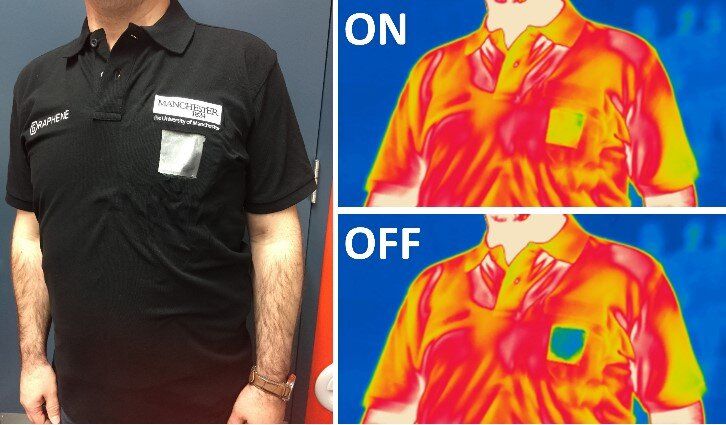
New research on the two-dimensional (2-D) material graphene has allowed researchers to create smart adaptive clothing which can lower the body temperature of the wearer in hot climates.
A team of scientists from the University of Manchester’s National Graphene Institute have created a prototype garment to demonstrate dynamic thermal radiation control within a piece of clothing by utilising the remarkable thermal properties and flexibility of graphene. The development also opens the door to new applications such as, interactive infrared displays and covert infrared communication on textiles.
The human body radiates energy in the form of electromagnetic waves in the infrared spectrum (known as blackbody radiation). In a hot climate it is desirable to make use the full extent of the infrared radiation to lower the body temperature which can be achieved by using infrared-transparent textiles. As for the opposite case, infrared-blocking covers are ideal to minimise the energy loss from the body. Emergency blankets are a common example used to deal with treating extreme cases of body temperature fluctuation.
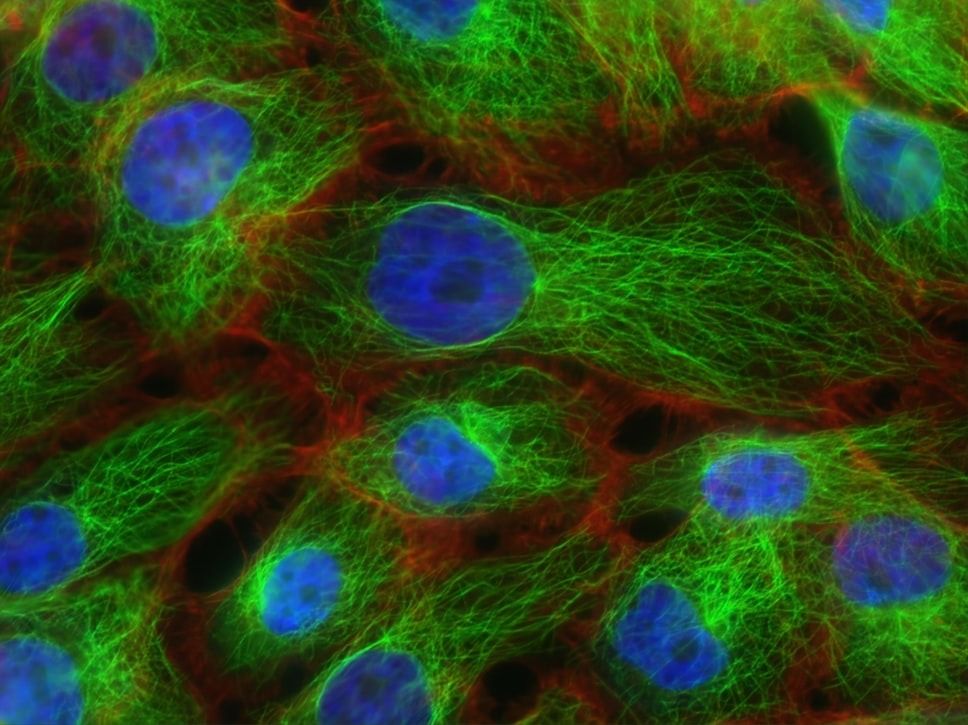
One of the human body’s greatest features is its natural antivirus protection. If your immune system is working normally, it produces legions of T-cells that go around looking for abnormalities like cancer cells just to gang up and destroy them. They do this by grabbing on to little protein fragments called antigens that live on the surface of the bad cells and tattle on their whereabouts to the immune system. Once the T-cells have a stranglehold on these antigens, they can release toxins that destroy the bad cell, while minimizing collateral damage to healthy cells.
This rather neat human trick doesn’t always work, however. Cancer cells sometimes mask themselves as healthy cells, or they otherwise thwart T-cell attacks by growing so many antigens on their surface that the T-cells have no place to grab onto.
Medical science has come up with a fairly new method of outfoxing these crafty cancer cells called CAR T-cell therapy. Basically, they withdraw blood from the patient, extract the T-cells, and replace the blood. The T-cells are sent off to a CRISPR lab, where they get injected with a modified, inactive virus that introduces a new gene which causes the T-cells to sprout a little hook on their surface.
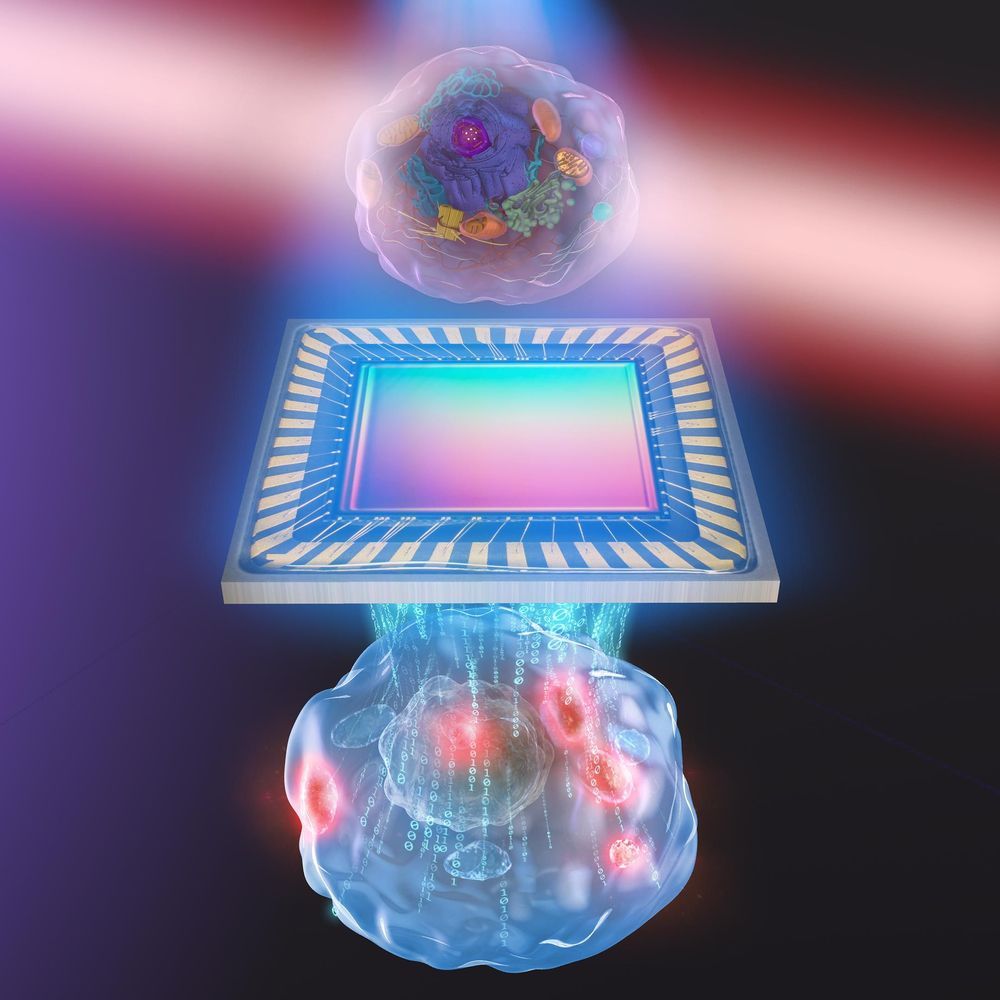
No damage caused by strong light, no artificial dyes or fluorescent tags needed.
The insides of living cells can be seen in their natural state in greater detail than ever before using a new technique developed by researchers in Japan. This advance should help reveal the complex and fragile biological interactions of medical mysteries, like how stem cells develop or how to deliver drugs more effectively.
“Our system is based on a simple concept, which is one of its advantages,” said Associate Professor Takuro Ideguchi from the University of Tokyo Research Institute for Photon Science and Technology. The results of Ideguchi’s team were published recently in Optica, the Optical Society’s research journal.
The coronavirus has killed dozens of federal prisons and infected more than 6,000. Prisoners say they have been stuck in grim conditions that make social distancing impossible. To support their claims, some prisoners have used contraband cell phones that have been smuggled into prisons to post videos on Facebook and other social media sites.
VICE News contacted one of the prisoners, 34-year-old Aaron Campbell, held at a federal prison in Ohio, who said he was punished for making his video by being sent to solitary confinement. In a letter, Campbell said officials told him he would not face additional discipline if he issued a statement saying the video was fake. He refused. (The BOP did not respond to questions about his allegations.)
Read the full story — https://bit.ly/3dae6Zb
Check out VICE News for more: http://vicenews.com
Follow VICE News here:
Facebook: https://www.facebook.com/vicenews
Twitter: https://twitter.com/vicenews
Tumblr: http://vicenews.tumblr.com/
Instagram: http://instagram.com/vicenews
More videos from the VICE network: https://www.fb.com/vicevideo
